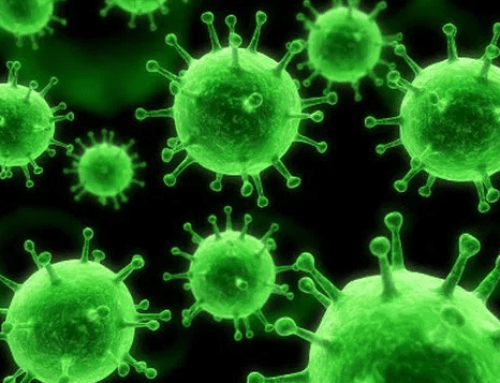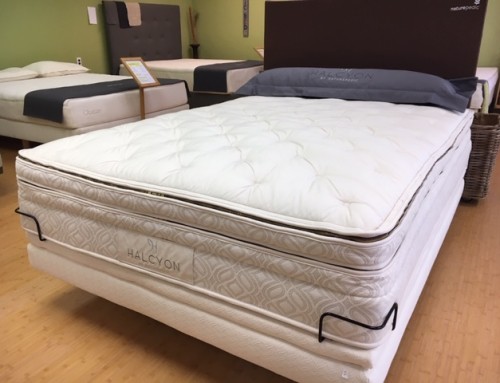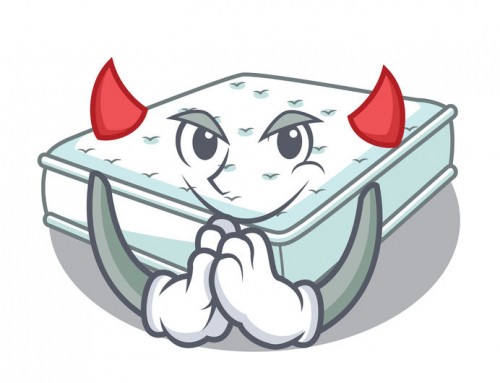 Bamboo products are currently all the rage, but are bamboo products truly as eco-friendly and green as some companies say they are?
Bamboo products are currently all the rage, but are bamboo products truly as eco-friendly and green as some companies say they are?
In the past few years, everything from bamboo flooring and furniture to bamboo clothing, bed, and bath products have cropped up and have been touted as a sustainable, eco-friendly, and healthy alternative to their conventional and toxic counterparts. But, is bamboo truly eco-friendly?
The answer depends on several different factors, but green experts generally agree that while bamboo is a highly sustainable resource, the process in which bamboo is manufactured is not green. In fact, the manufacturing process frequently uses toxic chemicals to turn the bamboo plant into the thread-like material used in products.
Then, there is the problem of companies labeling products made of man-made rayon fibers and calling the product “bamboo”—deceiving consumers. (Rayon, which is NOT an eco-friendly material, appears stretchier than bamboo.) Bamboo fibers are also not anti-microbial or biodegradable as some companies claim.
The Federal Trade Commission (FTC) fines companies who falsely label products made of rayon and passing it along as bamboo, but this effort is difficult to manage. FTC regulations mandate that bamboo products must still be labeled as a rayon (including “rayon from bamboo”), based on the way they are processed. But, it is up to the manufacturers to truthfully disclose the product information, and many companies simply are not honest in their labels.
How bamboo is produced?
There is an eco-friendly manufacturing process that crushes the bamboo plant and uses natural enzymes, but it is very labor intensive and rarely used. Far more common is chemically manufactured fiber, which essentially cooks the bamboo in strong chemical solvents such as sodium hydroxide and carbon disulfide. This toxic chemical process turns the bamboo into a viscous solution that is then reconstructed into cellulose fiber for weaving into fabric. These chemicals have been linked to serious health problems, and add toxins into the product, which are being sold under the guise of eco-friendly and healthy.
Green experts agree that the safer and more eco-friendly alternative to bamboo products is organic cotton or natural hemp. The bottom line is that while bamboo is one of the world’s most highly sustainable products, the process in which bamboo is harvested and turned into usable fibers can be toxic.
Talk to a supplier who knows organic products
We do not believe toxins belong in the products you purchase. We only carry products from manufacturers dedicated to full disclosure in their product lists, and who get their materials from companies who do the same. We share your goal in protecting the health of your family and the environment. If you come across research that is confusing or are just beginning to explore the wonderful benefits of toxic-free living, the helpful and friendly staff at Your Organic Bedroom can help you decipher through false claims and green washing.




